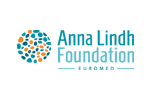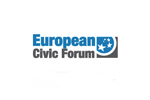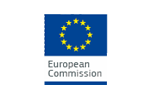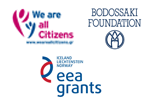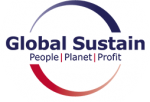The project aimed at the creation of Women Farmers Social Enterprises in the villages of Koromon, Juma and Istiklol at the regions of Horezm, Samarkand and Syrdarya of Uzbekistan in order to support and enhance the economic independence and living conditions of women Dekhans and farmers.
Through the establishment of the Social Enterprises, the project aimed at supporting and strengthening local women working in agriculture providing them with opportunities for income and employment generation, capacity building in the management of rural SMEs, financing and credit, etc, and introducing the use of sustainable techniques and technologies in agriculture (renewable energy systems) for the increase of productivity, product market value and income/profit, that will consequently improve their living standards. Furthermore, the project aimed at promoting gender equality through furthering the economic independence of rural women by supporting equal opportunities to employment and entrepreneurship. The project also aimed at promoting the protection and conservation of the environment by providing access to renewable energy systems (RES) to support income generation activities and by promoting the use of RE in agriculture.
The expected results of the action included the following:
- Creation of “Women Farmers Social Enterprises” to support new (self)-employment, income generation and entrepreneurship opportunities that will promote the economic independence of women Dekhans and farmers (and their families).
- Women Dekhans and farmers improved qualifications and skills, including business skills that will enable them to become effective and efficient farmers and/or businesswomen.
- Women gained access to rural non-farm job opportunities by enhancing their knowledge on agribusiness ventures and other non-farm livelihood activities.
- Empowerment of rural women promoted thus enhancing their participation in the decision making process and gender equality.
- Access to renewable energy (solar fruit dryers and PV collectors) on a least-cost basis will enhance the sustainability of new income generation activities, and contributed to environmental protection and conservation, with added health benefits for the local population.
- Creation of economic activity and employment in the area facilitated improvement of living conditions and poverty reduction.
The project was co-financed by TACIS Institution Building Partnership Programme (IBPP).


